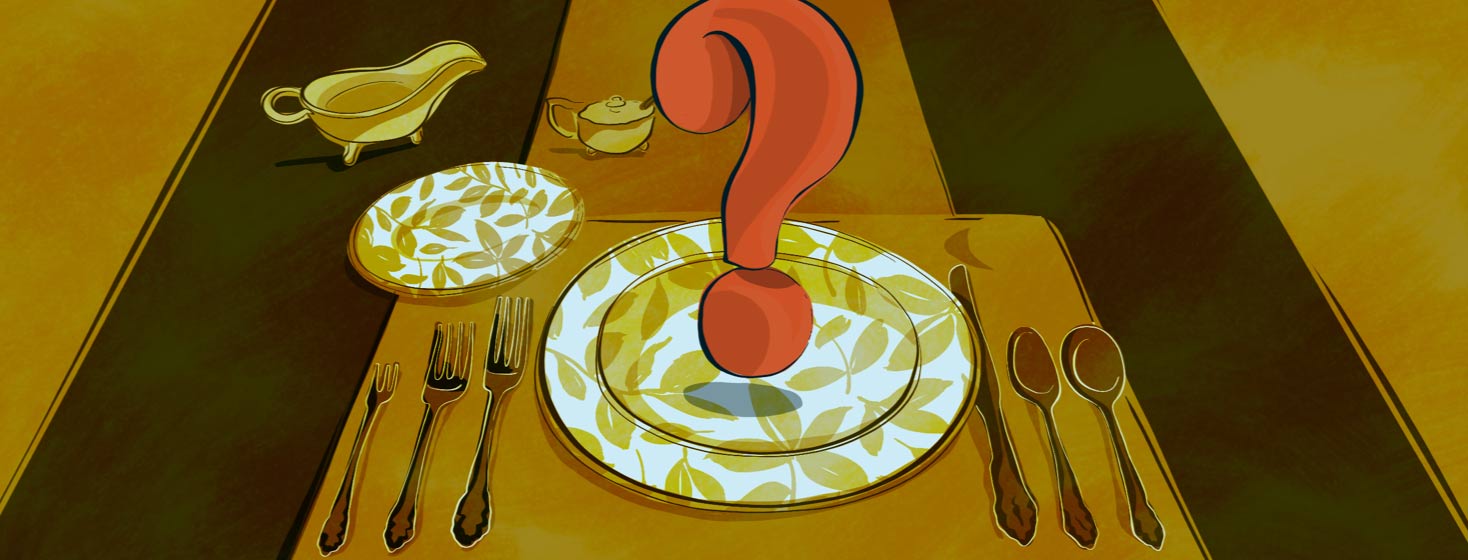The Fallible Caregiver Series: Focusing on Nutrition
Last year, I made a significant change in my life when I decided to lose weight and get back in shape. In the previous 10 years, while working at a desk, I had packed on about 30 pounds of fat, resulting in what they call the typical "dad bod."
To achieve my fitness goals, I invested in an online course to help me lose weight and build muscle. I've faithfully stuck to it for the last year, and it's working. However, I've also assisted my wife, Rebekah, gain weight during my weight loss journey.
Chemotherapy's impact on appetite
Rebekah's struggle lies in the fact that she rarely feels hungry, a consequence of the ongoing chemotherapy, which takes a toll on the stomach and digestive system. While I'm on the path to shedding 30 pounds (almost there), she needs to gain about 30 pounds. I even offered her my fat, but she declined.
After returning from work many evenings, I ask her, "So what did you eat today?" Often, she gives me a guilty blank stare as she realizes she hasn't eaten anything. "Babe, you gotta eat," I say. She replies, "I know, I know, I just don't feel hungry, and I don't think about it."
How I help my wife get proper nutrition
My own weight loss and muscle gain journey have positively impacted my wife. As I started my program, I learned the importance of reducing daily calorie intake, increasing protein consumption, and regular weightlifting and exercise.
Consequently, we've eliminated and stopped purchasing foods high in sugar and low in nutrients. Our house is now stocked with many fresh fruits, vegetables, and protein-rich foods.
Lack of appetite
However, my primary concern is not so much what she eats but that she eats at all. During our weekly grocery shopping, I encourage her to grab anything that looks appetizing and that she thinks she will eat. She prefers snack-type foods like crackers, hummus, yogurt, cereal, trail mix, and chips. And, of course, chocolate.
Meal prepping
I dedicate one day a week to planning my breakfasts and lunches for the week, preparing daily meal kits for myself filled with fruits, vegetables, and plenty of Greek yogurt. I make extra containers of these items for her and place them in the fridge.
I also purchased a 12-pack of mason jars with lids, making 7-9 protein smoothies that I freeze. I set aside 3-4 for her for the week. These smoothies include almond milk, protein powder, Greek yogurt, and frozen fruit, with a generous amount of blueberries.
Getting creative with cooking
Throughout my newfound health journey, I've developed a love for cooking. I explore new recipes online and create amazing, healthy dinners each night, all rich in protein—a crucial element for building muscle, something we both need.
Treating ourselves
One reason I gained weight was our nightly tradition of enjoying dessert in bed. Our go-to treats were ice cream (straight from the tub) or cookies and milk.
Admittedly, it was not the best snack before bedtime, but we cherished those moments. I've switched from whole milk to almond milk and, after some adjustment, now enjoy it.
I aim to keep my nightly treat calorie count around 150-200 calories. Therefore, we opt for tasty treats that are low in calories, such as Halo Top® ice cream or a small ice cream sandwich.
Eating something is better than nothing
Rebekah's oncologists are not as concerned with what she eats as they are that she eats at all. So they tell her that if all she can stomach is a chocolate milkshake, then do it. I like this advice! I like it because it allows us to keep our treats and chocolate.

Join the conversation